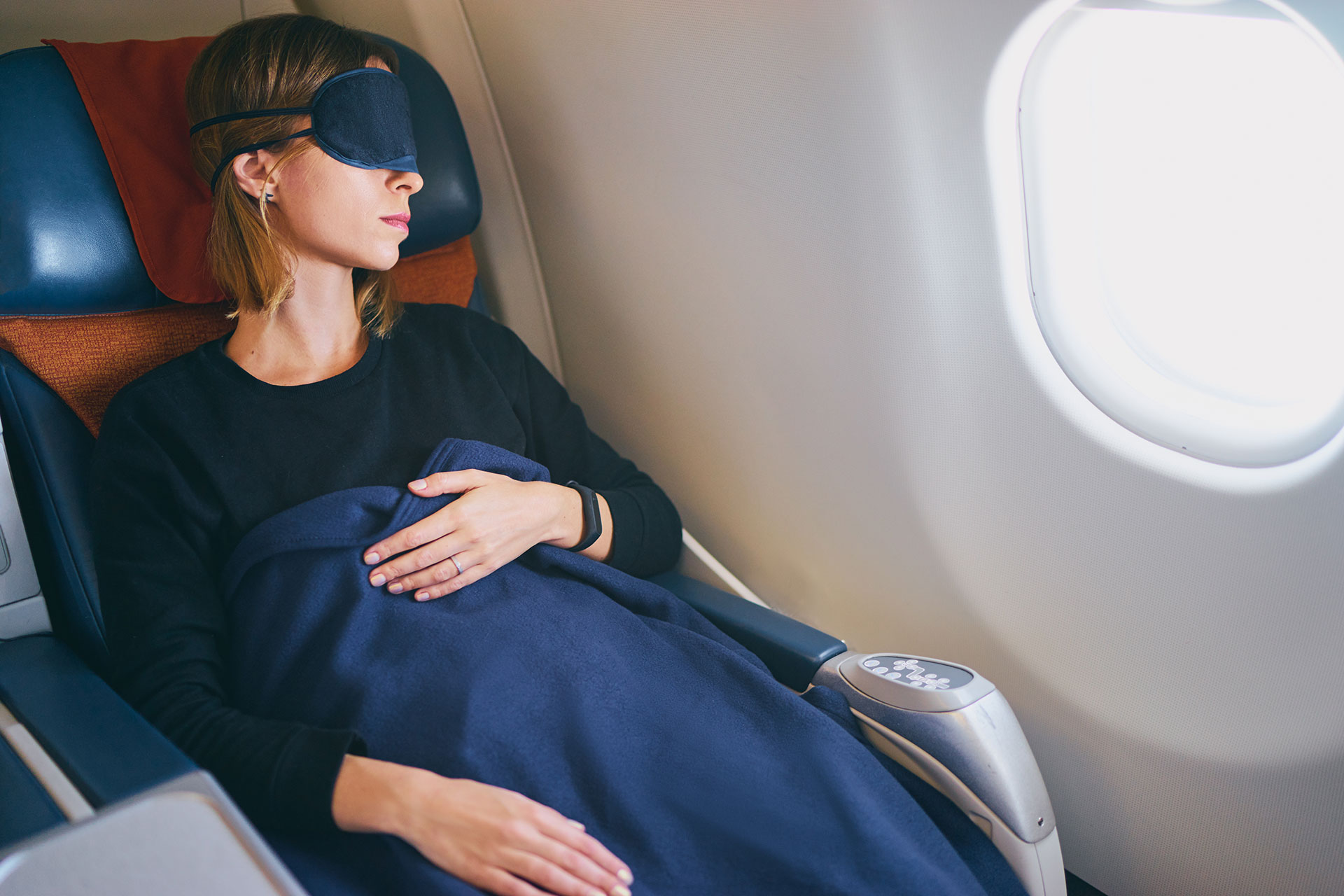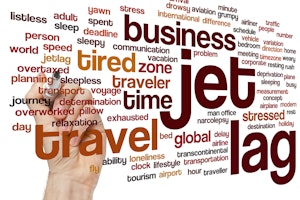It’s peak travel season with families on summer vacations joining the regular army of business travelers on the roads and airways. They may have different plans and destinations, but something they all have in common is they want to sleep well while they’re away from home.
There’s hardly anyone who doesn’t know how much travel can disrupt sleep, especially if the travel takes you across two or more time zones. However, there are things you can do to minimize that disruption and get the rest you need on your trip.
1. Plan your sleep like you plan your travel. Just like you might start packing a few items in the days preceding your trip, you should prepare your sleep cycle as well. Johns Hopkins Sleep Center medical director Charlene Gamaldo recommends moving your bedtime by one hour earlier or later (depending on which direction you’re traveling) to accommodate the time change. She said to start three days prior to your scheduled travel.
2. Apply the two-day rule. If your trip requires less than two days away, it would be best to stick to your normal schedule. If possible, arrange business meetings or activities that require the most energy to take place during your regular peak waking hours.
3. When in Rome… After you arrive at your destination, try to get on the local schedule as soon as you can. For example, if you’re in for a long or overnight flight that gets you there in the middle of the day, plan to get as much sleep as you can during the flight so you can stay awake until local bedtime hours.
4. Get your core temperature up for alertness, down for sleep. To help combat jet lag, in the morning take a warm shower or exercise to increase your body temperature and alertness, which triggers the circadian rhythm. At bedtime, cool the room and your body temperature to stimulate sleepiness.
5. Control light and sound. Light affects the circadian rhythm so doing two simple things will make a big difference: use an eye mask to limit unwanted light and avoid any sources of blue light at least an hour before bedtime. Experts also recommend foam earplugs that block out 60 decibels and above.
6. Make it feel like home. This works for adults and children. Bringing a “comfort” item from home that helps you relax and sleep may sound silly but can be effective,especially for young children. It can be something functional, like a pillow, or sentimental, like a stuffed animal. The more you can make your guest room feel like “home away from home” and stick as close to your bedtime routine as possible, the more likely you will be able to fall sleep quickly and stay asleep more soundly.
We now know that sleep is a critical part of performance at work and play so it makes sense that planning for good sleep should be part of your trip preparation.


